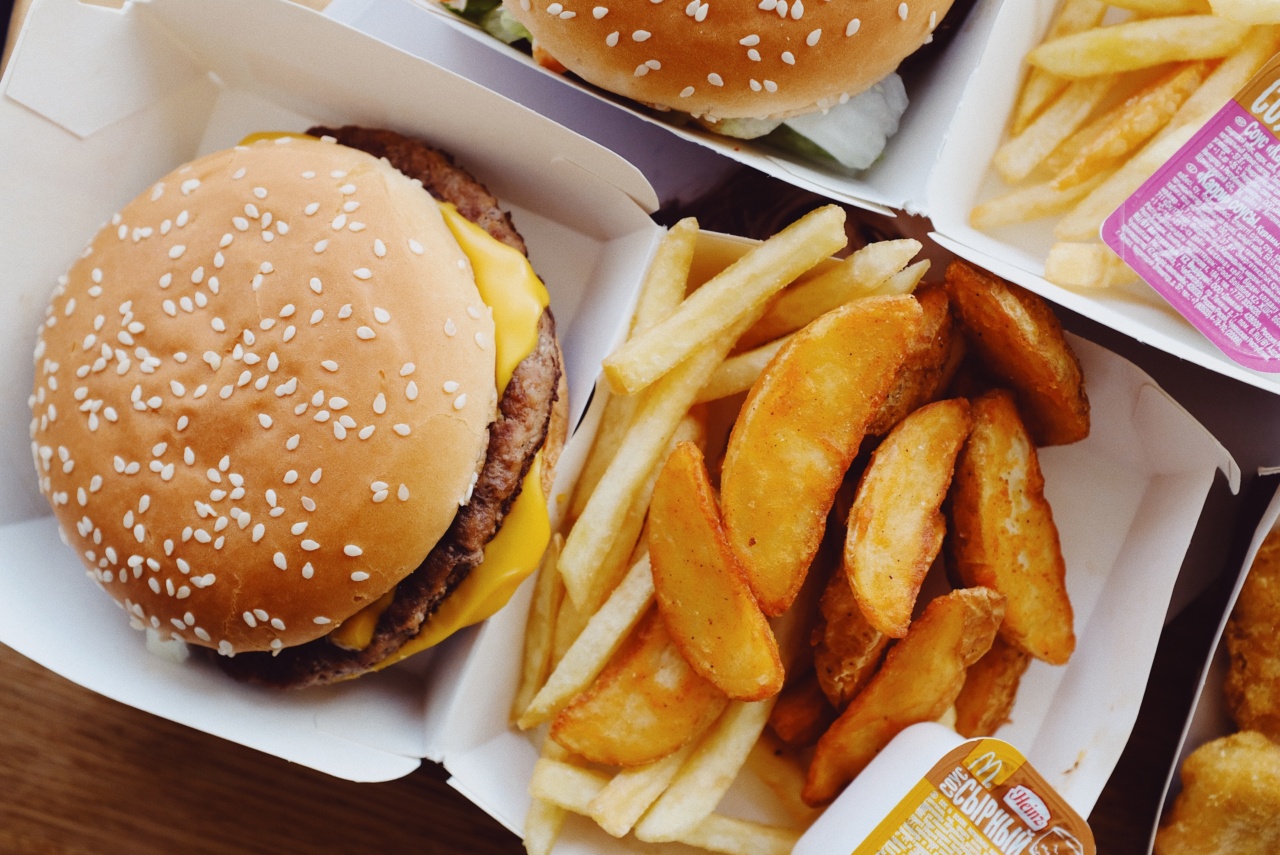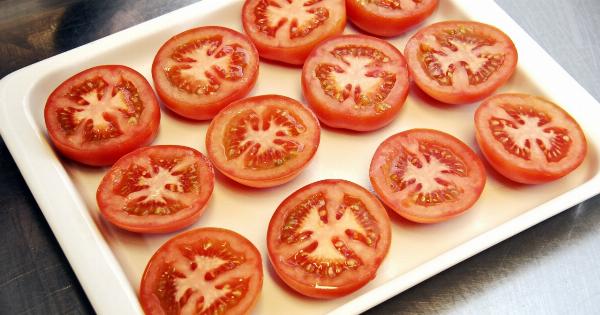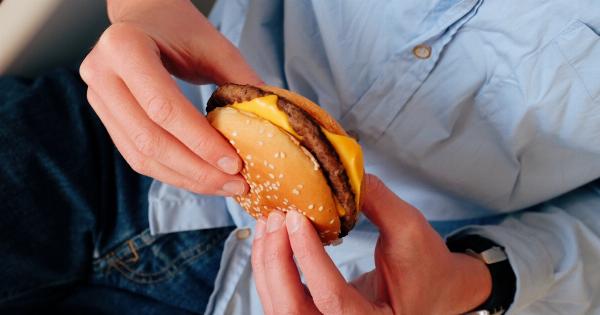During pregnancy, it is crucial to pay attention to your diet and ensure that you are consuming foods that are safe for both you and your growing baby.
While cheese is generally considered a nutritious food, there are certain types of cheese that should be avoided due to potential risks they pose to pregnant women. In this article, we will discuss the cheeses that are best avoided during pregnancy to ensure a healthy nine months and a safe delivery.
1. Soft Cheeses:
Soft cheeses, such as Brie, Camembert, and blue cheese, are examples of the types of cheese that should be avoided while pregnant. These cheeses are typically made from unpasteurized milk, which may contain harmful bacteria like listeria.
Listeria is a bacteria that can cause a rare but serious infection called listeriosis. Pregnant women are more susceptible to listeriosis as their immune systems are weakened during pregnancy, making them more vulnerable to infections.
Listeriosis can lead to miscarriage, premature birth, or severe health issues for the baby.
It is important to note that not all soft cheeses are made from unpasteurized milk. Many varieties of soft cheese are made using pasteurized milk, which eliminates the risk of listeria.
Always check the label before consuming any soft cheese to ensure that it is made with pasteurized milk.
2. Feta Cheese:
Feta cheese is another type of cheese that should be avoided during pregnancy. Like soft cheeses, feta cheese is often made from unpasteurized milk, which increases the risk of listeria.
However, there are varieties of feta cheese available that are made from pasteurized milk, so it is essential to read the label and make sure it is safe to consume.
3. Goat Cheese:
Goat cheese, also known as chèvre, is yet another cheese to be cautious of during pregnancy. Some types of goat cheese are made from unpasteurized milk, making them a potential risk for listeria. However, pasteurized goat cheese can be consumed safely.
Always verify the type of milk used in the production of the goat cheese before including it in your diet.
4. Queso Fresco and Queso Blanco:
Queso fresco and queso blanco are popular Latin American cheeses that are commonly made from unpasteurized milk. These cheeses, if made from unpasteurized milk, can carry listeria and other harmful bacteria.
It is advisable to choose the pasteurized versions of these cheeses to avoid any potential risks.
5. Paneer:
Paneer is a type of fresh cheese commonly used in Indian cuisine. Traditionally, paneer is made from unpasteurized milk, which poses a risk of listeria contamination.
If you are a fan of paneer, it is recommended to opt for the pasteurized versions or check with the manufacturer to ensure that it is safe for consumption during pregnancy.
6. Unpasteurized Hard Cheeses:
While most hard cheeses are safe to consume during pregnancy, it is essential to stay away from unpasteurized versions. Unpasteurized hard cheeses, such as Gouda, Pecorino Romano, and Roquefort, can contain listeria or other harmful bacteria.
Always read the label or inquire about the cheese’s pasteurization status before including it in your diet.
7. Processed Cheese Spreads:
Processed cheese spreads, including cheese spreads commonly found in jars or tubs, should be avoided during pregnancy.
These products often contain multiple types of cheese, and their manufacturing processes may differ from traditional cheese production. The safety of these processed cheese spreads is uncertain, so it is best to be cautious and choose alternatives.
8. Uncooked or Undercooked Cheeses in Dishes:
Avoid dishes that include uncooked or undercooked cheeses. For example, salads topped with crumbled blue cheese or pizza topped with fresh mozzarella are best avoided during pregnancy.
Ensure that any cheese used in dishes is thoroughly cooked or pasteurized before consuming.
9. Cheese Samples or Cheese Platters:
While exploring cheese shops or attending social gatherings, it is common to find cheese samples or cheese platters. However, it is advisable to avoid sampling or consuming cheese from such platters during pregnancy.
The safety and pasteurization status of the cheese are unknown, and it is better to err on the side of caution.
10. Homemade or Artisanal Cheeses:
When it comes to homemade or artisanal cheeses, it is challenging to determine their safety during pregnancy. These types of cheeses are often made using traditional methods and may be crafted from unpasteurized milk.
It is recommended to avoid consuming homemade or artisanal cheeses unless you are confident about their pasteurization status.
Conclusion:
Being cautious about the types of cheese you consume while pregnant can significantly reduce the risk of listeria and other potential bacterial infections.
Always read labels carefully, ask questions when dining out or purchasing cheese, and opt for pasteurized versions whenever possible. By following these guidelines, you can enjoy a safe and healthy pregnancy, knowing you are making the best choices for your well-being and the well-being of your baby.




























